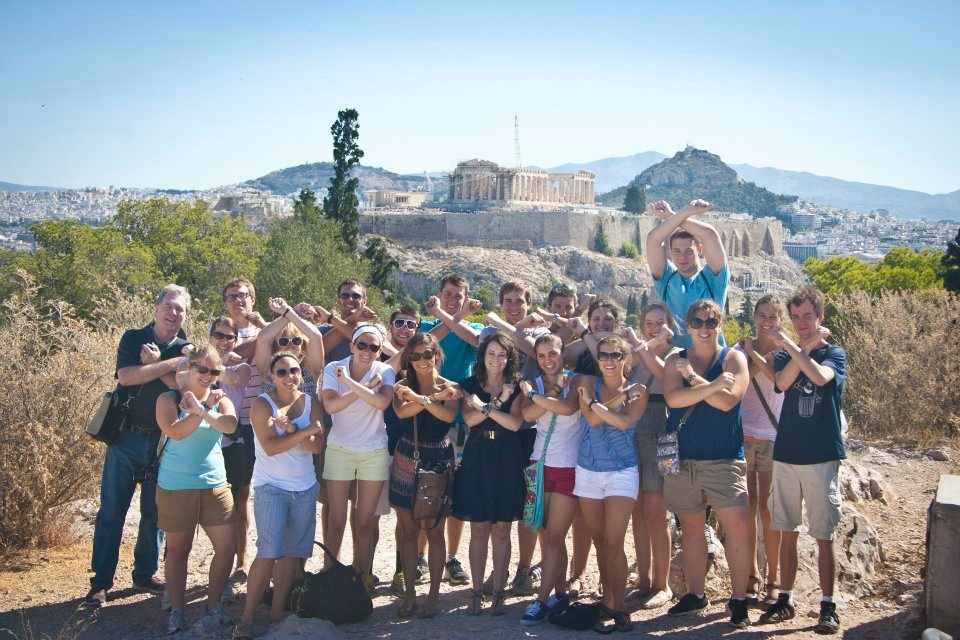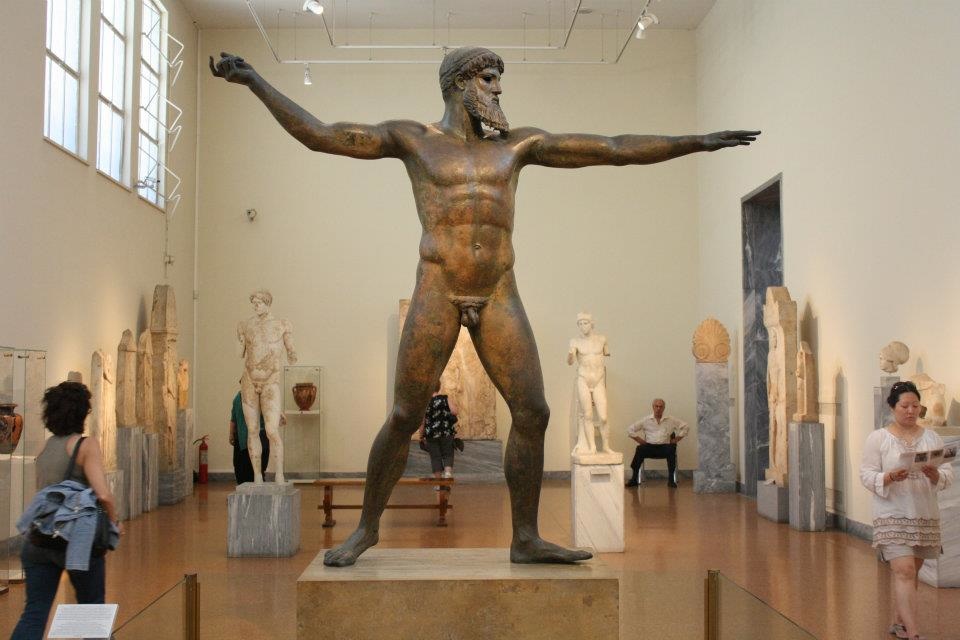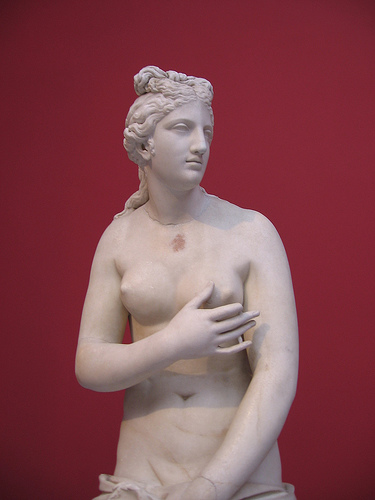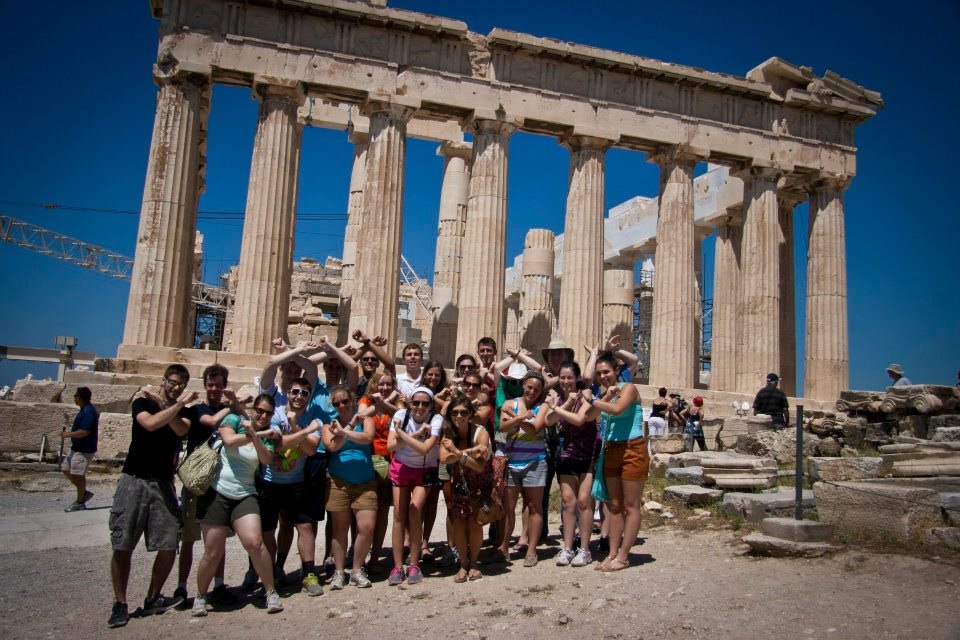Courses
The following courses are available for students on the Greece Summer Study Abroad Program. All students take two course (six credit hours total). Honors sections for University Scholars are available for most courses.
Classical Literature and the Moral Imagination (3rd core E/RS requirement, Diversity Flag)
 CLAS 205 is an examination of a variety of religious, ethical, and social issues taken from ancient Greek literature. All readings are meant to illuminate events related to religion, ethics, and society in what most scholars consider to be the height of Greek intellectual achievement; the assessment of questions and issues these readings raise should inspire a reassessment of your own values, biases, and beliefs. We focus in particular on social and ethical interactions among humans and between humans and gods as seen in Greek tragedy, history, and other literature.
CLAS 205 is an examination of a variety of religious, ethical, and social issues taken from ancient Greek literature. All readings are meant to illuminate events related to religion, ethics, and society in what most scholars consider to be the height of Greek intellectual achievement; the assessment of questions and issues these readings raise should inspire a reassessment of your own values, biases, and beliefs. We focus in particular on social and ethical interactions among humans and between humans and gods as seen in Greek tragedy, history, and other literature.
CLAS 241 Classical Mythology (Creative Perspectives or Humanities)
 CLAS 241 is a study of the meaning and influence of ancient classical myths. Greek myths are still referenced for their unique explanations and validations. They continue to impact modern western thought and, as you will see, they are alive in the iconography, architecture, and art of modern Greece. This course will introduce you to important gods and goddesses and heroes and heroines in Greek mythology and the readings will give you something to think about as you will walk through the sites where these figures were most worshipped in antiquity.
CLAS 241 is a study of the meaning and influence of ancient classical myths. Greek myths are still referenced for their unique explanations and validations. They continue to impact modern western thought and, as you will see, they are alive in the iconography, architecture, and art of modern Greece. This course will introduce you to important gods and goddesses and heroes and heroines in Greek mythology and the readings will give you something to think about as you will walk through the sites where these figures were most worshipped in antiquity.
CLAS 372 Women in Antiquity (E/RS elective or Humanities)

CLAS 372 uses a variety of sources to study and reflect on the lives and social circumstances of women in antiquity as seen in ancient literature and history. Women in modern Greece will also be considered as part of the Greece program. [The E/RS requirement of the core is: THEO 111, PHIL 100, Lit & Moral (ENGL or CLAS 205), and a 4th E/RS elective.]
CLAS 120 From Homer to Plato (Historical Perspectives or Humanities)
 This course provides an understanding of the development of democracy and ideas about freedom that originate with Greek thinkers and leaders. We examine the lives and acts of Greek leaders in antiquity and in more modern times, leaders that helped bring about changes in social institutions and expectations; it is largely through learning about these men and women that you will also learn about major historical events that have shaped the Greek world.
This course provides an understanding of the development of democracy and ideas about freedom that originate with Greek thinkers and leaders. We examine the lives and acts of Greek leaders in antiquity and in more modern times, leaders that helped bring about changes in social institutions and expectations; it is largely through learning about these men and women that you will also learn about major historical events that have shaped the Greek world.